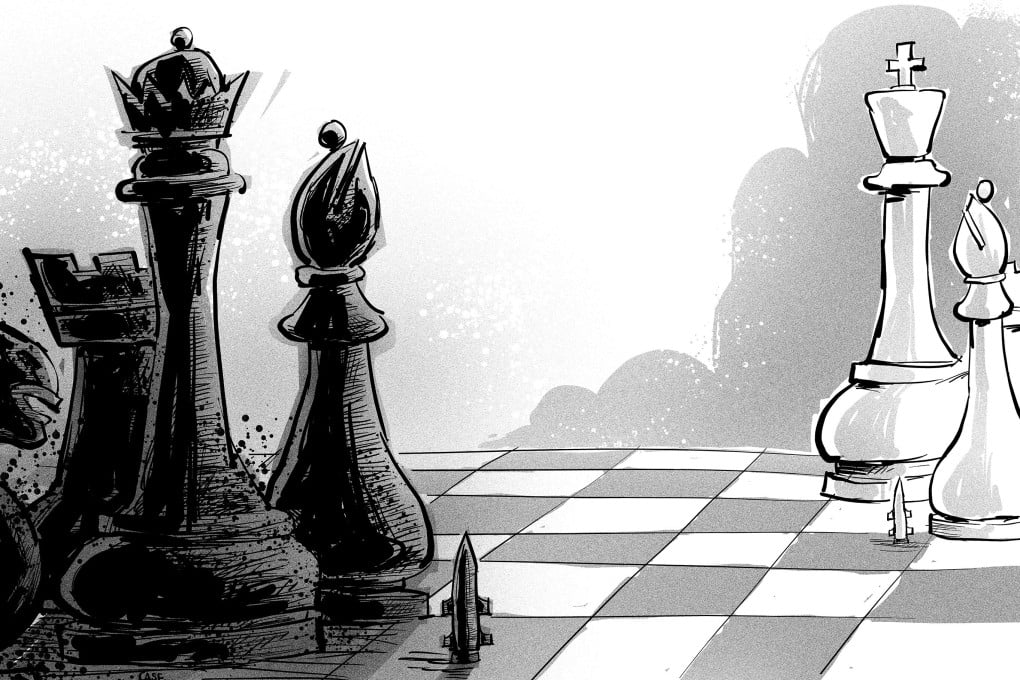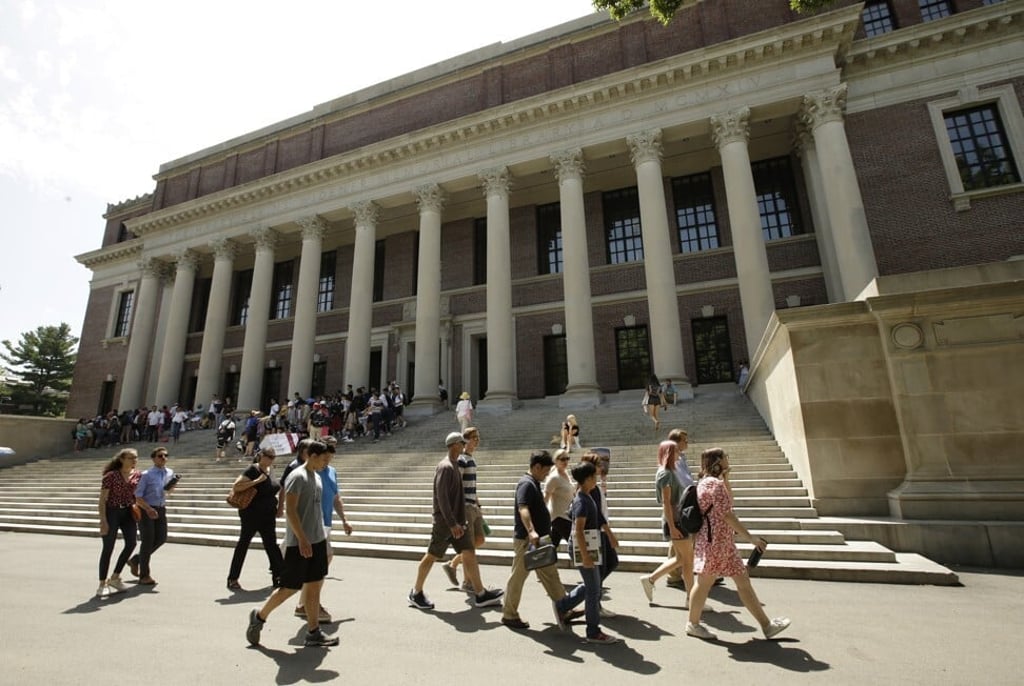Opinion | Why the risk of a US-China hot war is small despite heated talk
- Bilateral ties are closer than the US and Soviet relations were during the Cold War, the ideological confrontation less intense, and decoupling, while painful, buys a modicum of peace and security
- Also, both sides have many tools and options other than war to achieve their aims

First of all, deterrents to a flare-up are much stronger in US-China relations than in US-Soviet relations. Although economic and people-to-people ties between China and the US are declining, they are still close compared to US-Soviet ties. It is hard to decouple two closely intertwined economies and societies.
Take two examples. China is expected to become the world's largest consumer market, a temptation hard to resist for exporters, including those from the US. And in education, more than 300,000 Chinese students study in the US, bringing in huge revenues for the US education industry.

Second, even if there is decoupling, the pain would not be too great and can be kept out of the national security sphere if properly handled. In fact, for national security reasons, a modest degree of isolation will make both sides more secure and comfortable. For instance, if China’s information technology equipment cannot capture Western markets, the US will be more relaxed. If China cannot get advanced technologies from the US and its technological progress slows down, the US will be less anxious.
